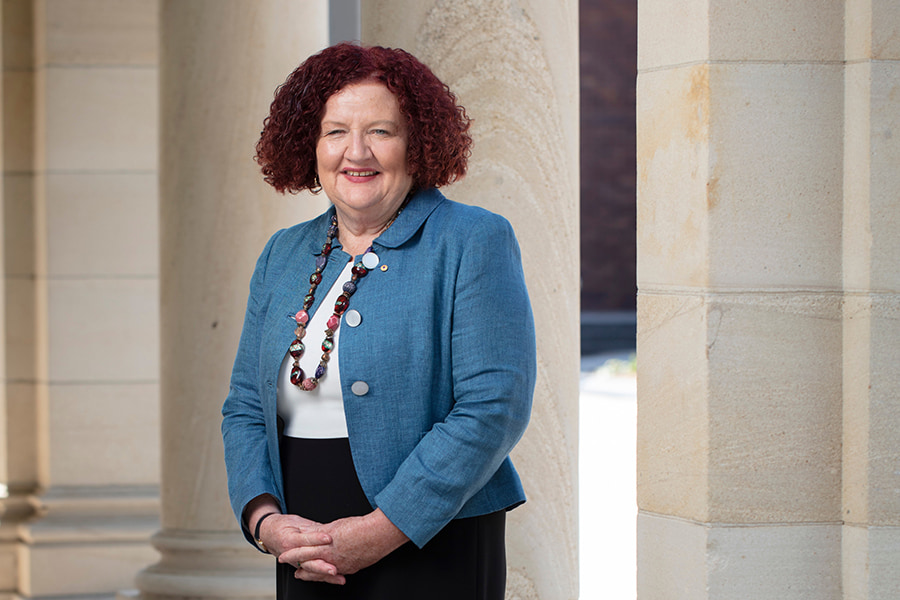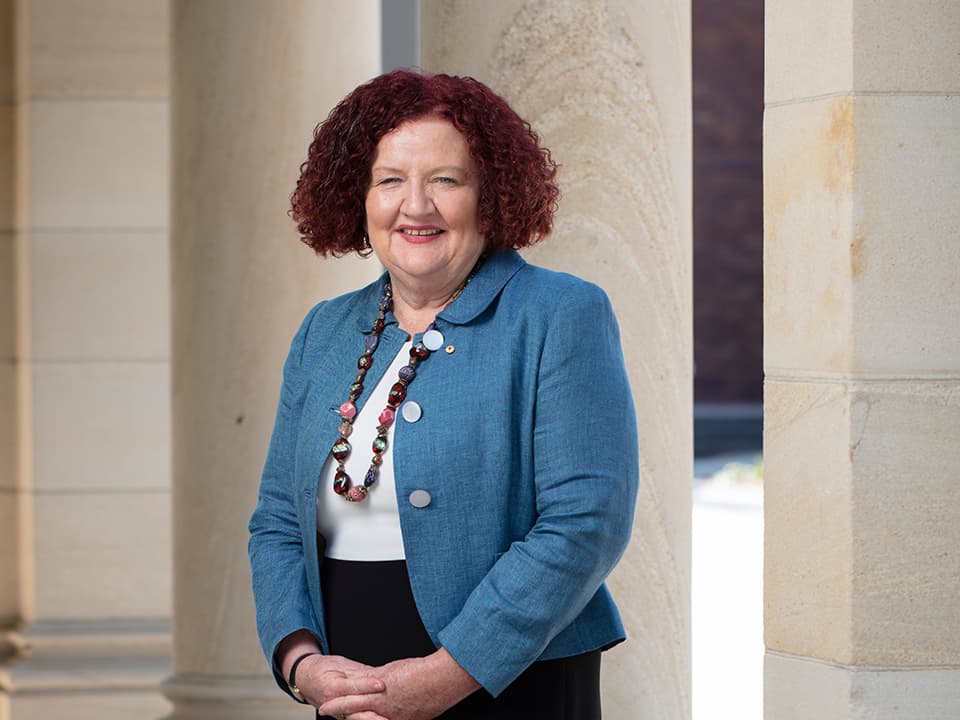COVID-19 advice for the QUT community
Information updated: Wednesday 1 June, 9am (AEST)
As part of QUT's commitment to our community's health and safety we are monitoring the COVID-19 situation closely and following all the relevant advice from government agencies and global organisations.
Further advice
- From April 2022, 15 December 2021, international students can travel to Australia without seeking a travel exemption. Students arriving in Queensland are not required to quarantine.
- Travellers should consider, any relevant government restrictions, border pass and COVID-19 testing requirements.
- For the latest information on travel advice, restrictions and COVID-19 hotspots, check the Department of Home Affairs, Department of Health and Queensland Health.
How QUT is responding
QUT is continuing to adapt rapidly so we can continue to offer world-class education and research.
Vaccine eligibility
Check your eligibility for a vaccine
Symptom checker
Be aware of the symptoms of COVID-19
Students returning to Brisbane
Fully vaccinated travellers including students can travel to and from Australia without needing to apply for a travel exemption.
Under these arrangements, all travellers must meet all of the following criteria:
- Hold a valid visa for one of the eligible visa subclasses
- Take a TGA approved rapid antigen test within 24 hours of arrival in Queensland.
Travellers to Queensland should also review current advice by the Queensland Government.
Available services
The QUT Medical Centre can be contacted on 07 3138 2321 (Gardens Point) or 07 3138 3161 (Kelvin Grove) from Monday-Friday between 8:30am and 5:00pm.
In addition, you can also contact the Medibank OSHC Health and Support Line on 1800 887 283.
Student support
The Australian Government has extended the Coronavirus supplement to students on Youth Allowance for Students, Austudy and ABSTUDY.
Who can I contact at QUT if I have questions?
Contact information
3138 2000 (within Australia)
+61 7 3138 2000 (outside Australia)
Faculty contacts
There may be some alternative study options available for your area of study. Your faculty will be in contact with you to discuss options, but you can also email the faculty directly:
- Faculty of Engineering: engineering@qut.edu.au
- Faculty of Science: science@qut.edu.au
- Faculty of Creative Industries, Education and Social Justice: ciesj.support@qut.edu.au
- Faculty of Business and Law: buslaw.enquiries@qut.edu.au
- Faculty of Health: health.support@qut.edu.au
For all other enquiries, contact askqut@qut.edu.au
Health advice
QUT is monitoring and following the advice of the Chief Medical Officer, Department of Health, Queensland Health and the World Health Organization. We will continue to update staff and students as new information becomes available.
If you feel unwell or have flu-like symptoms, stay at home. Contact your GP or phone 13 HEALTH (13 43 25 84) and follow all medical advice. Ensure you call ahead if visiting a doctor or clinic.
Read the latest advice from Queensland Health
FAQs
Can I visit QUT campuses and facilities?
All students, staff and visitors to our campuses and facilities must follow government directions on social distancing and good hygiene practices.
What should I do if I experience symptoms?
Follow the advice provided by Queensland Health.



